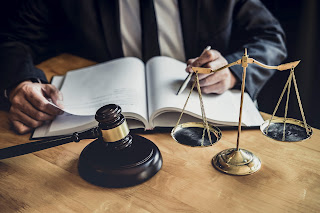What are the amazing benefits of hiring a personal injuries lawyer?

Hiring a personal injury lawyer can offer several benefits if you've been injured in an accident or due to someone else's negligence. While the specific advantages may vary depending on your case, here are some of the amazing benefits of hiring a personal injury lawyer: Legal Expertise: Personal injury lawyers have a deep understanding of personal injury law, including statutes, regulations, and legal precedents. They can navigate the complex legal system on your behalf, ensuring your rights are protected. Assessment of Claims: A personal injury lawyer can evaluate the merits of your case. They can determine whether you have a valid claim and estimate its potential value, helping you set realistic expectations. Negotiation Skills: Lawyers are skilled negotiators. They can negotiate with insurance companies or opposing parties to secure a fair settlement. Their experience can often result in higher compensation than you might obtain on your own. Investigation: Personal injur...


